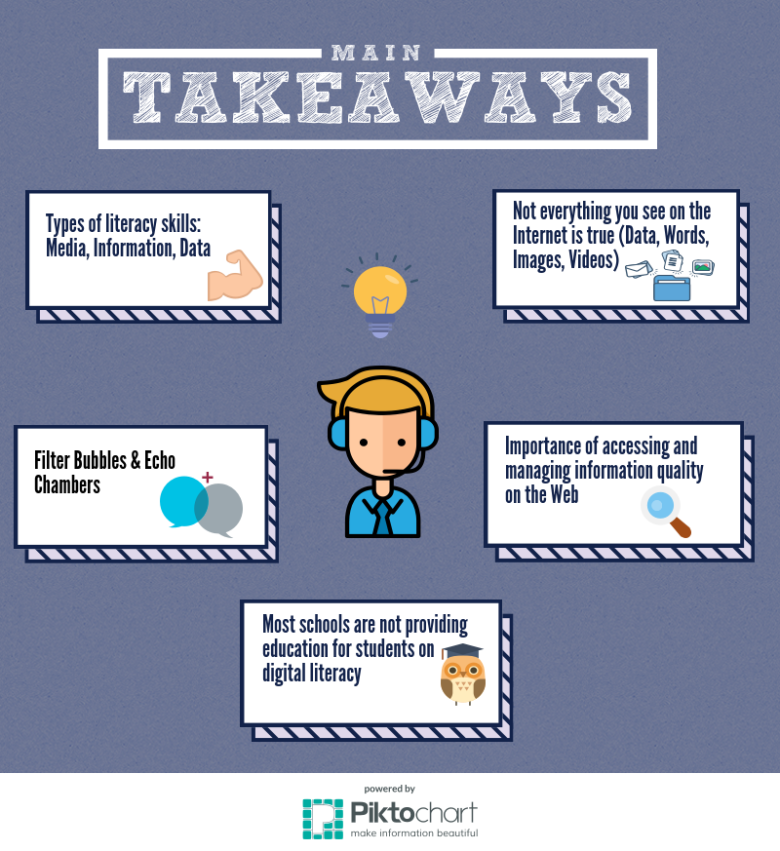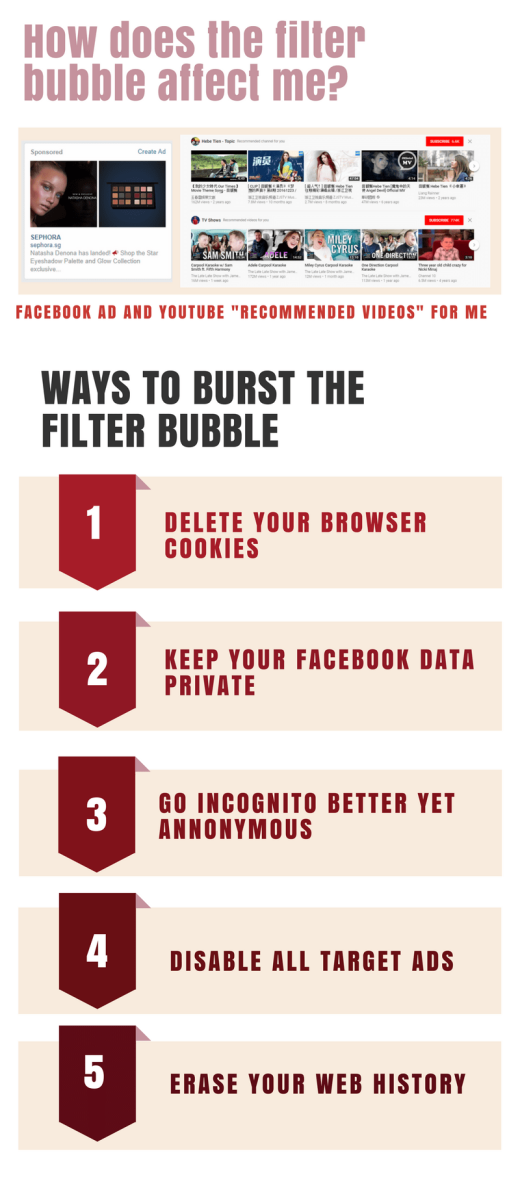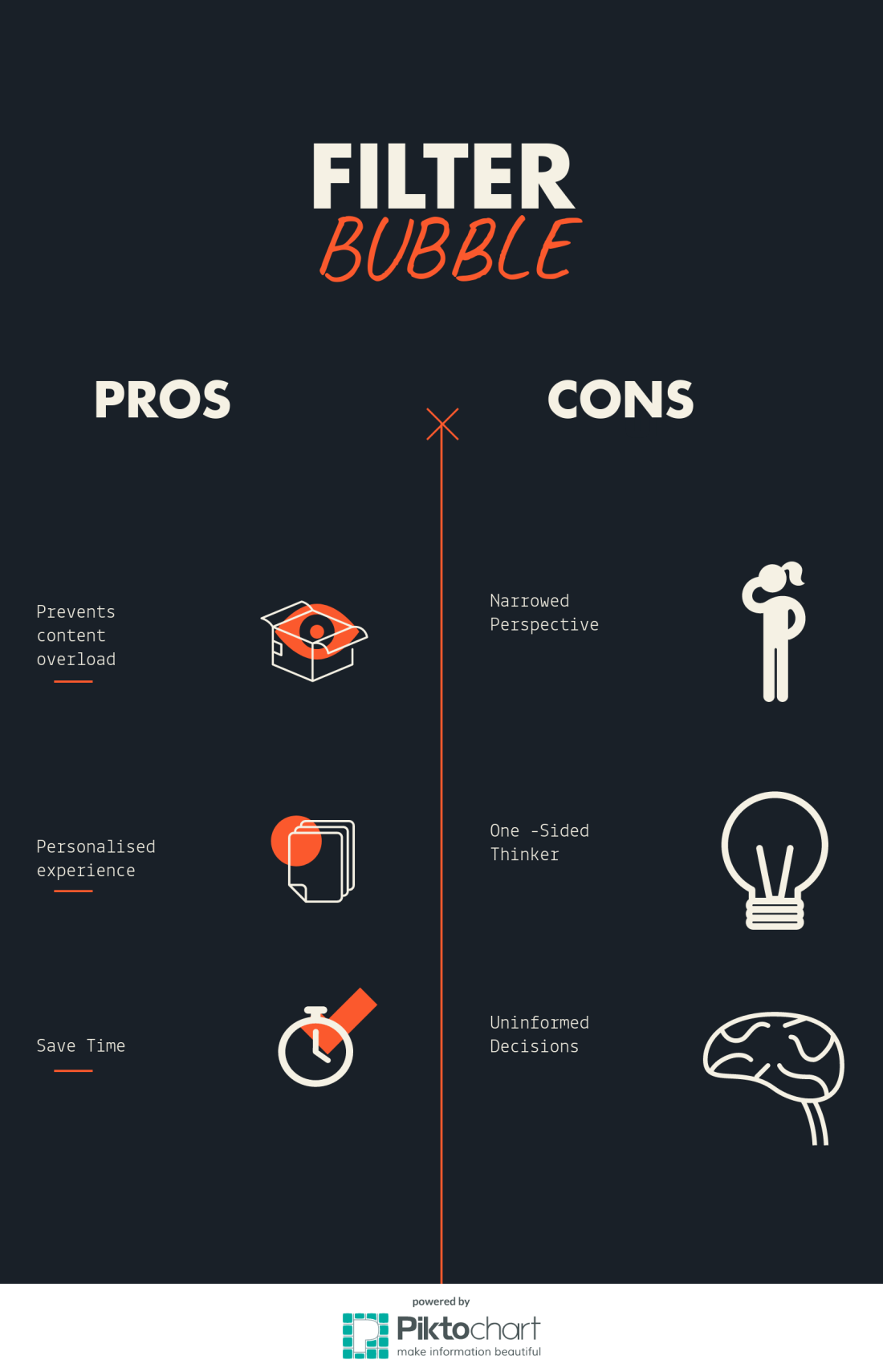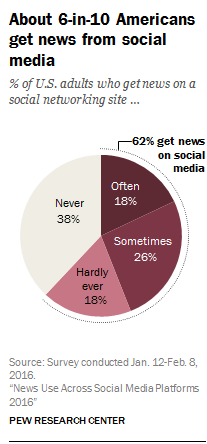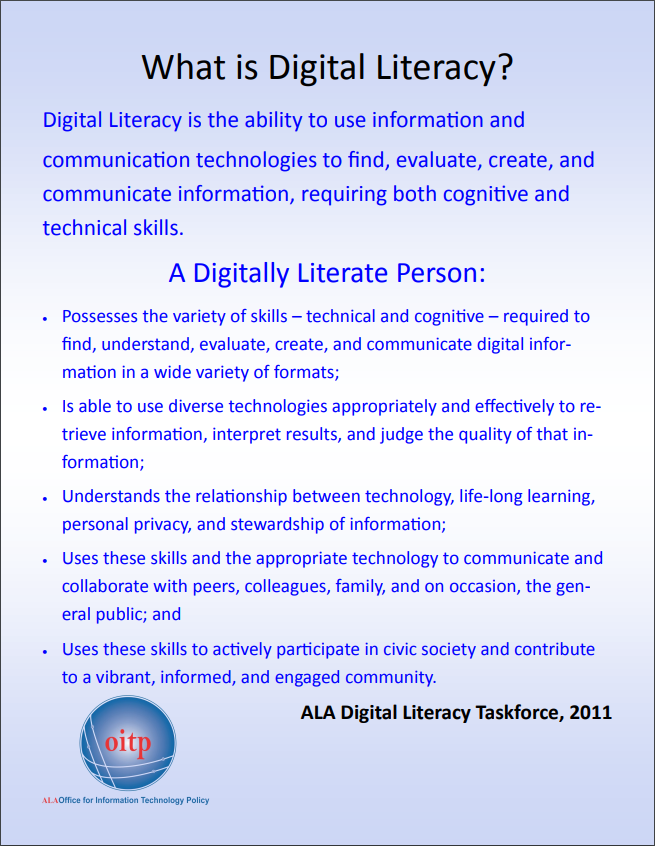
REFLECTION: Fake News?Filter Bubbles? Do we have to overcome that?
Fake news and filter bubbles are so common that many people tend to underestimate them. Is it so serious that we have to give our attention to these problems? Do we have to overcome them?
Yu Ping’s Post
The news of “Avatar dolls” was shared on the Internet, which causes many people that did not do a thorough credibility check to believe it.
Continue reading →

